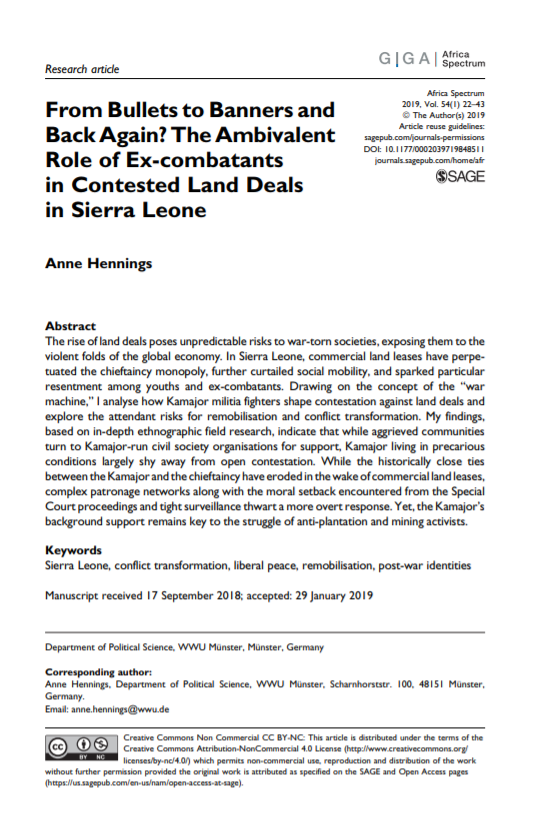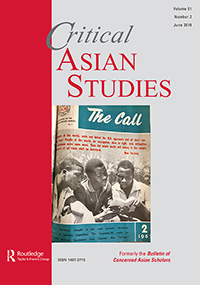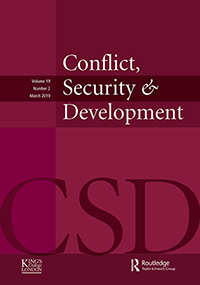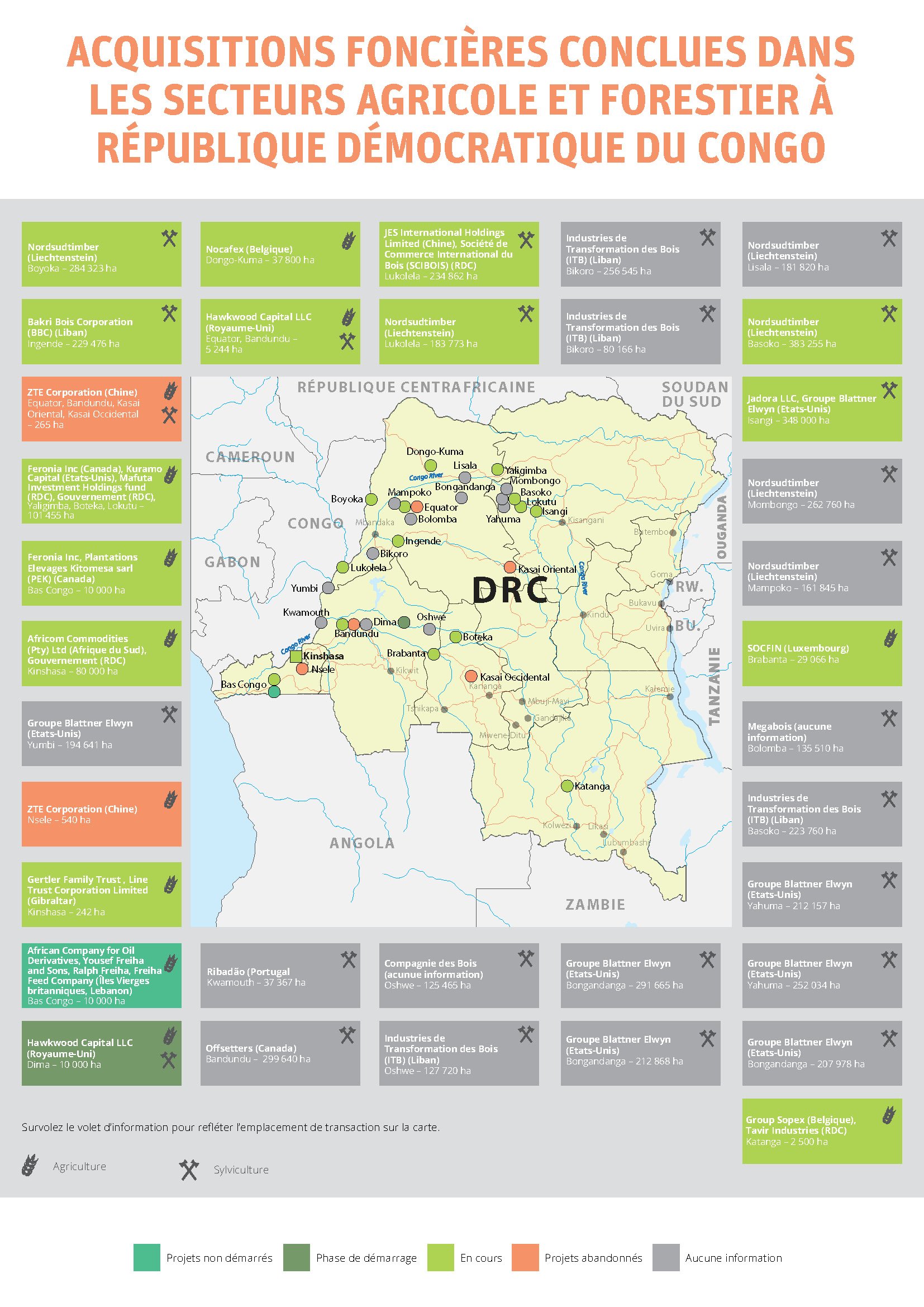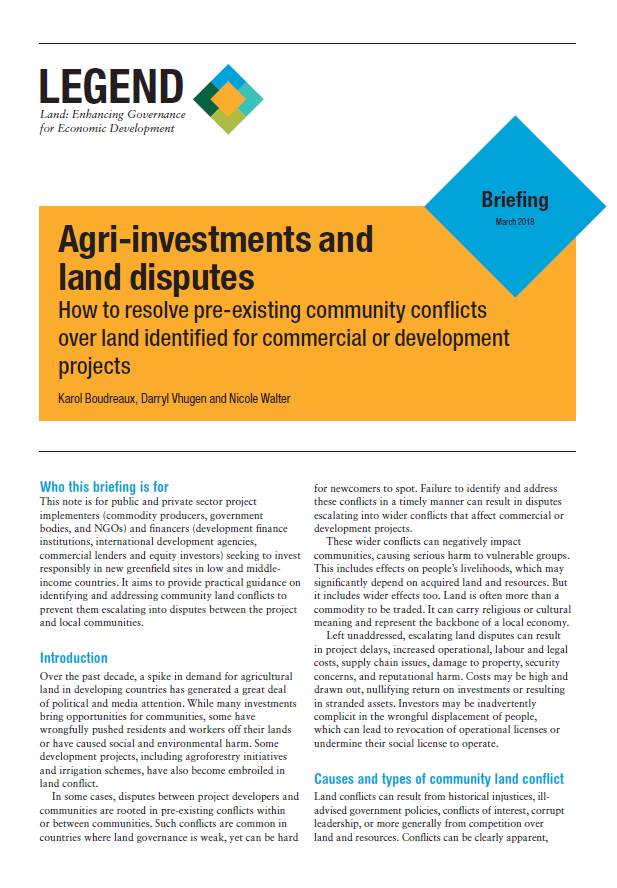From Bullets to Banners and Back Again? The Ambivalent Role of Ex-combatants in Contested Land Deals in Sierra Leone
The rise of land deals poses unpredictable risks to war-torn societies, exposing them to the violent folds of the global economy. In Sierra Leone, commercial land leases have perpetuated the chieftaincy monopoly, further curtailed social mobility, and sparked particular resentment among youths and ex-combatants. Drawing on the concept of the “war machine,” I analyse how Kamajor militia fighters shape contestation against land deals and explore the attendant risks for remobilisation and conflict transformation.

